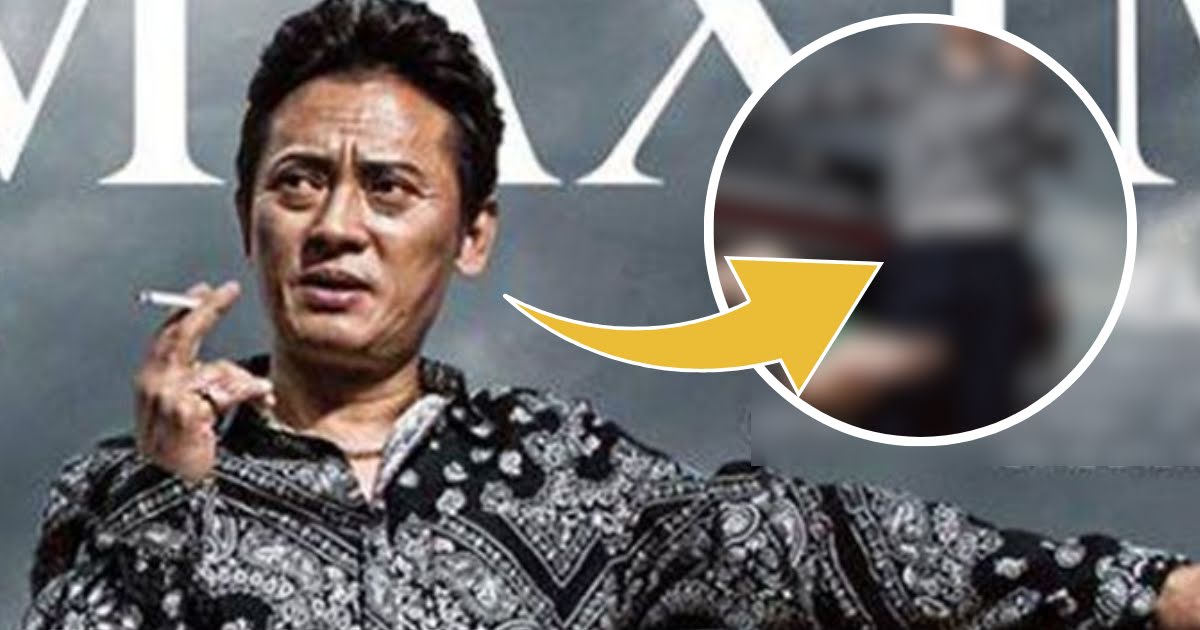MAXIM Korea released an advertisement that was quickly dubbed its most controversial one yet.
In September 2015, the South Korean magazine released a noir-inspired edition that sparked outrage especially among female communities. The cover photo featured actor Kim Byoung Ok standing next to a car while smoking a cigarette, a naked woman’s legs bound in duct tape protruding from the trunk.
The other shots from the photoshoot even included the female victim’s point of view from the trunk as well as Kim Byoung Ok carrying her corpse in a trash bag to the car.
| MAXIM Korea/Twitter
A wave of criticism was directed towards the magazine by both local and international netizens for its glorification of violence against women.
They also pointed out that the copy on the cover reads, “The Real Bad Guy,” with the words underneath translating to, “So girls like ‘bad guys’?” which has undertones of victim blaming.
[It suggests] that if a woman falls for the former, she can expect the latter—if you think you like a ‘bad guy,’ this is what you could be in for.
— Cosmopolitan UK
An online petition was launched soon after the magazine was revealed to the public. Netizens called for the issue to be pulled from stores to prevent the problematic photos from being spread any further. It gained 9,000 signatures almost overnight.
Instead of apologizing, MAXIM Korea defended their advertisement by highlighting their lack of ill intent, saying that “the image does not depict sex crimes.” They added that they simply wanted to emphasize the rough image of the actor who is famous for playing antagonistic roles in films.
The September cover of Maxim Homme aimed to show Byoung-ok Kim (who is one of best actor’s who plays cruel villains) directing a scene of film crime with him. As you can see, in the context of the cover, we show a heinous crime such as murder and abandonment of a dead body, but the image does not depict sex crimes. Unlike some people’s concerns, we never intended to beautify sex crimes as sex fantasy.
— MAXIM Korea
Finally, they urged the public to change their stance on the topic, expressing their hope that they would understand that they were “delivering a story and mood” and not “beautifying sex crimes as sex fantasy.”
Films direct scenes for delivering a story and mood. We hope you can also see the cover as expressing a scene of crime to show the contexts of this issue.
— MAXIM Korea
In 2010, South Korea’s National Survey of Domestic Violence and Sexual Violence found that 53.8% of respondents who had been married had experienced spousal abuse in the past year, and 16.7% had suffered physical abuse.




